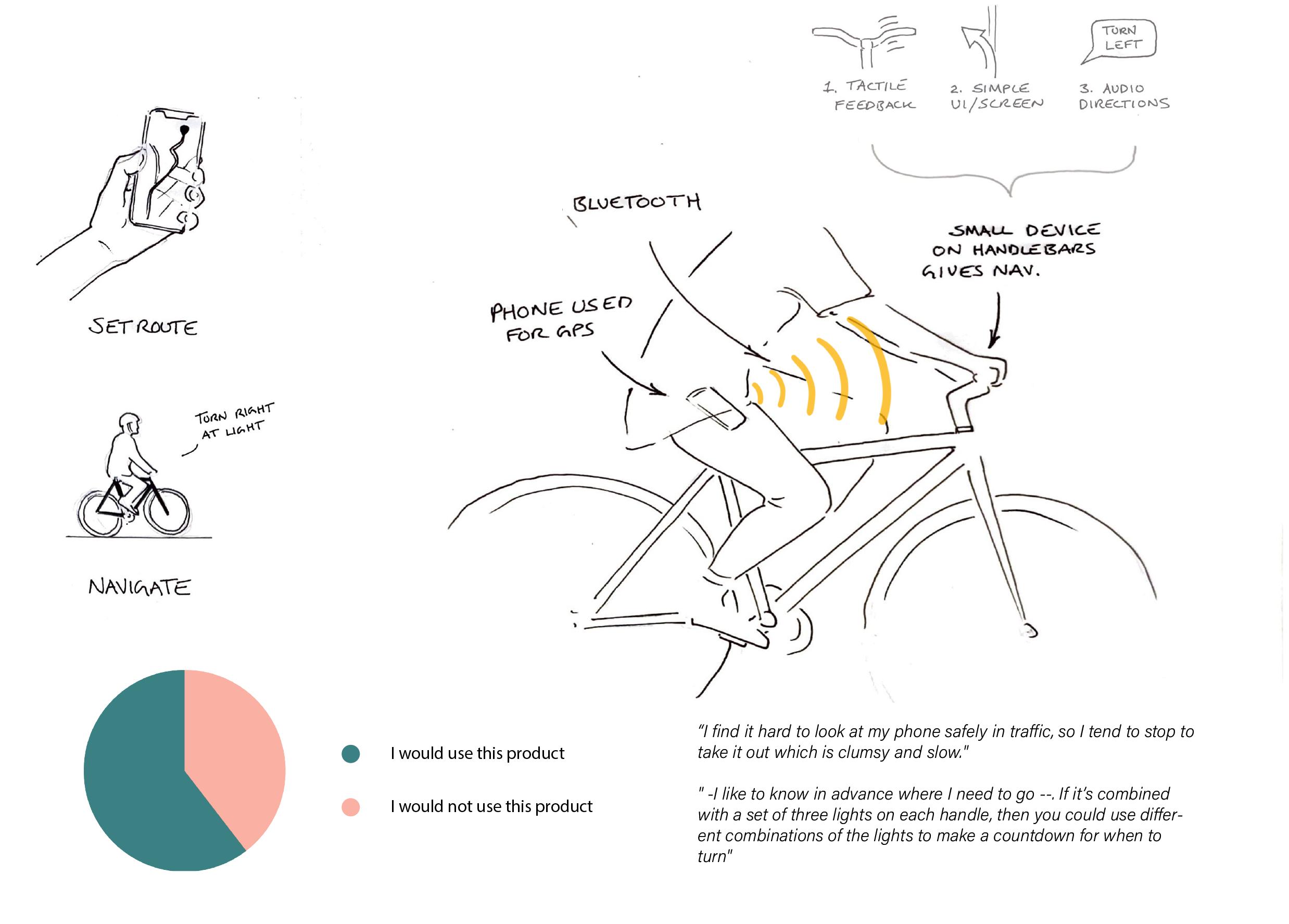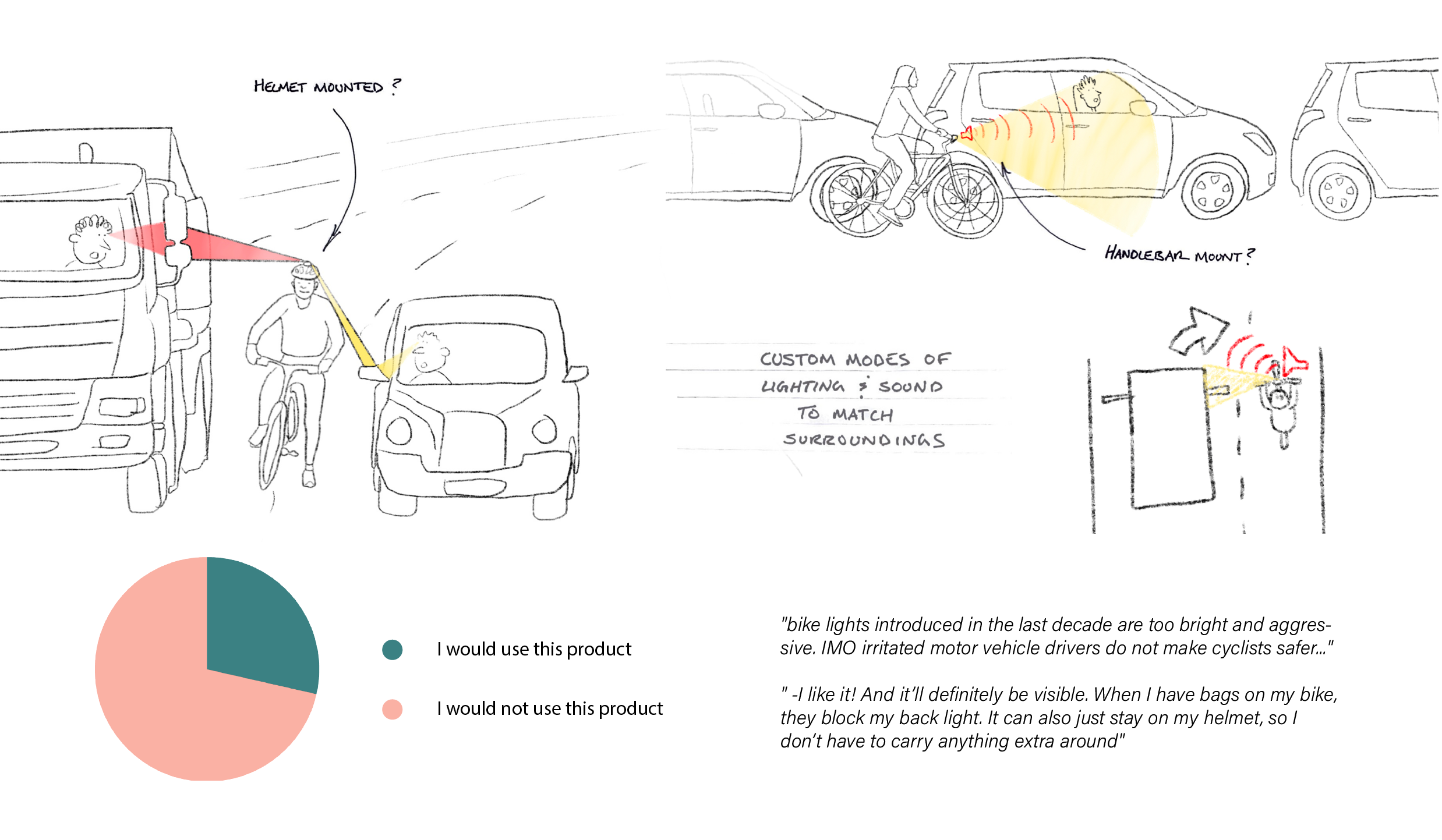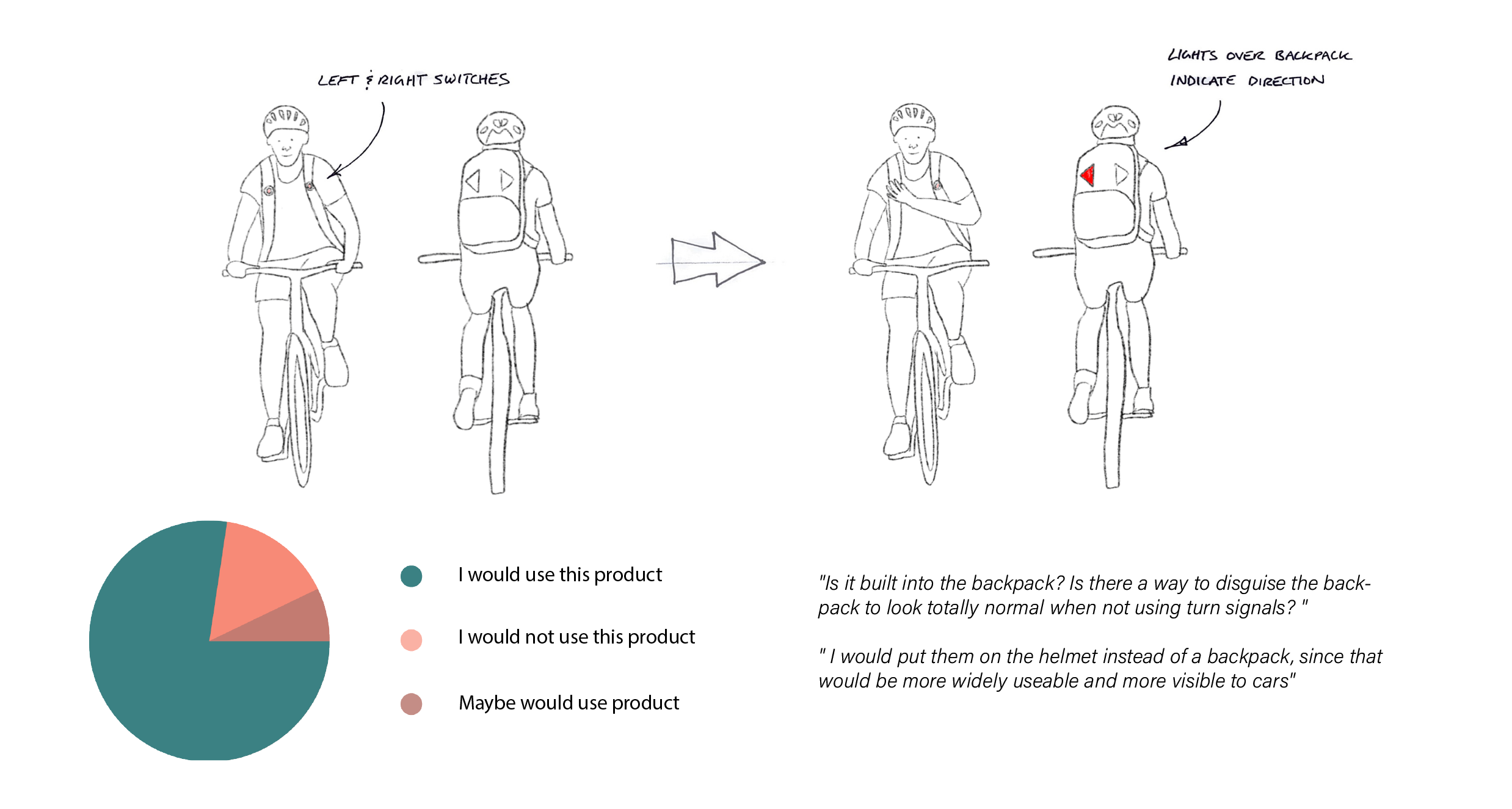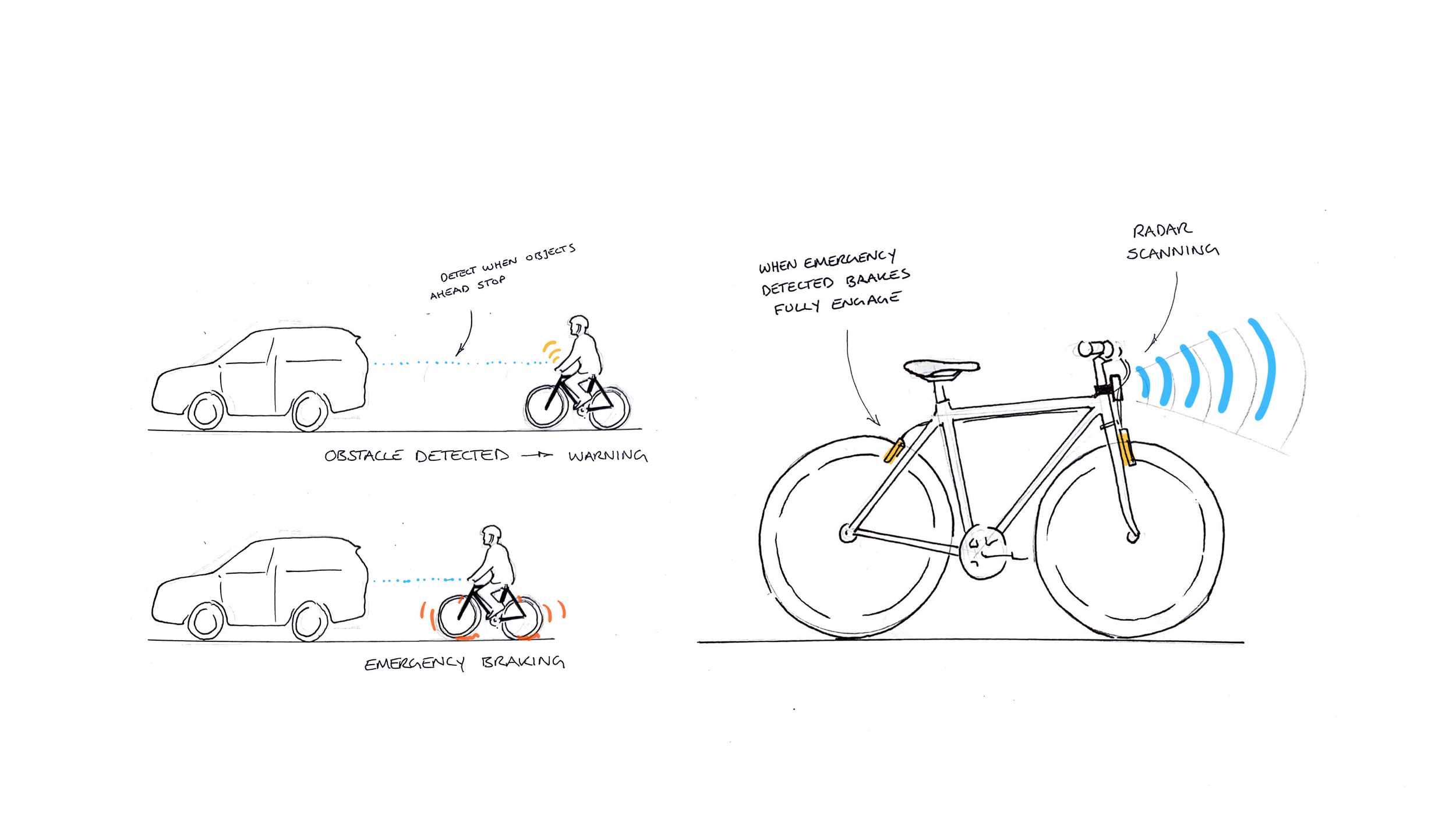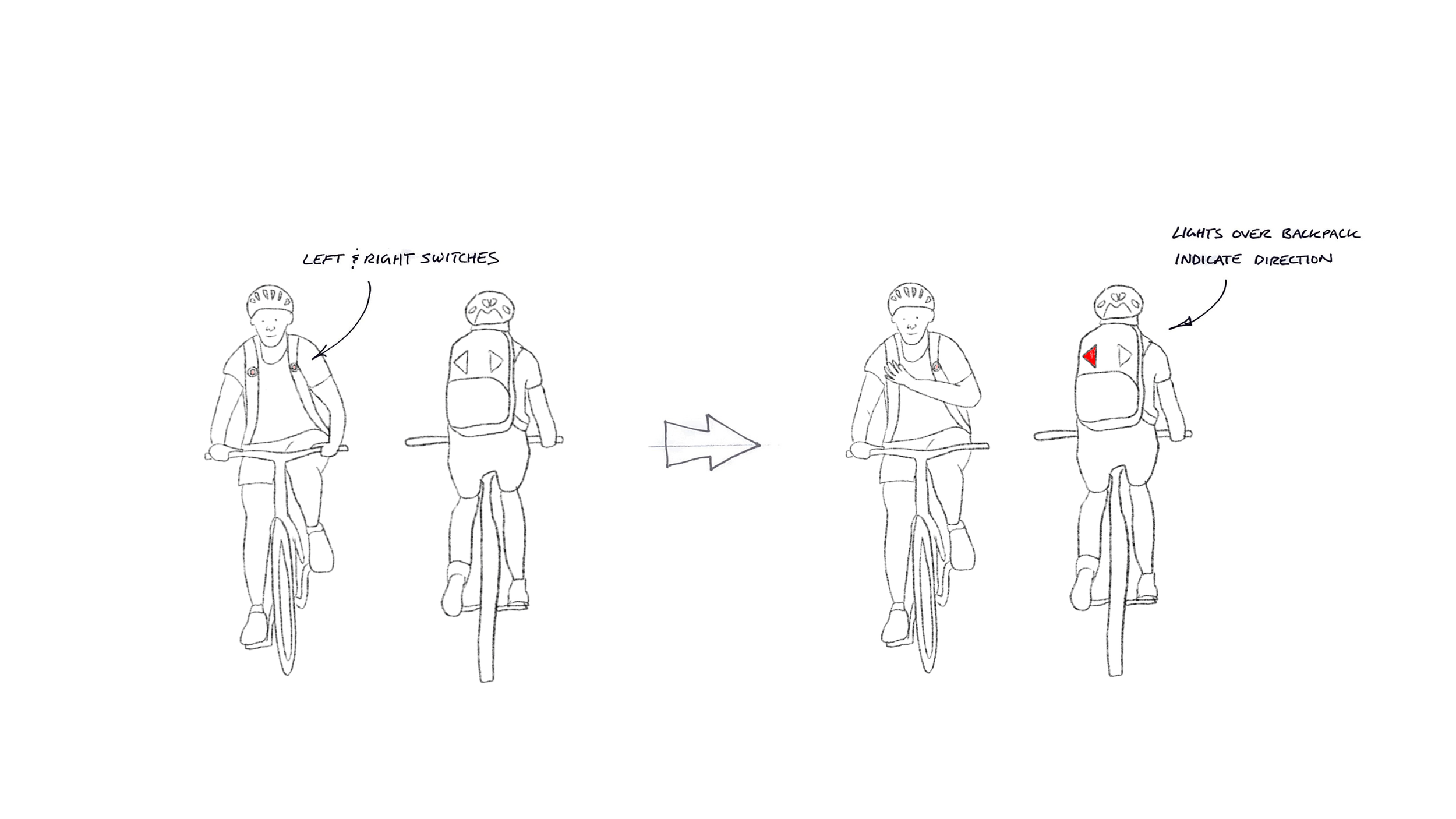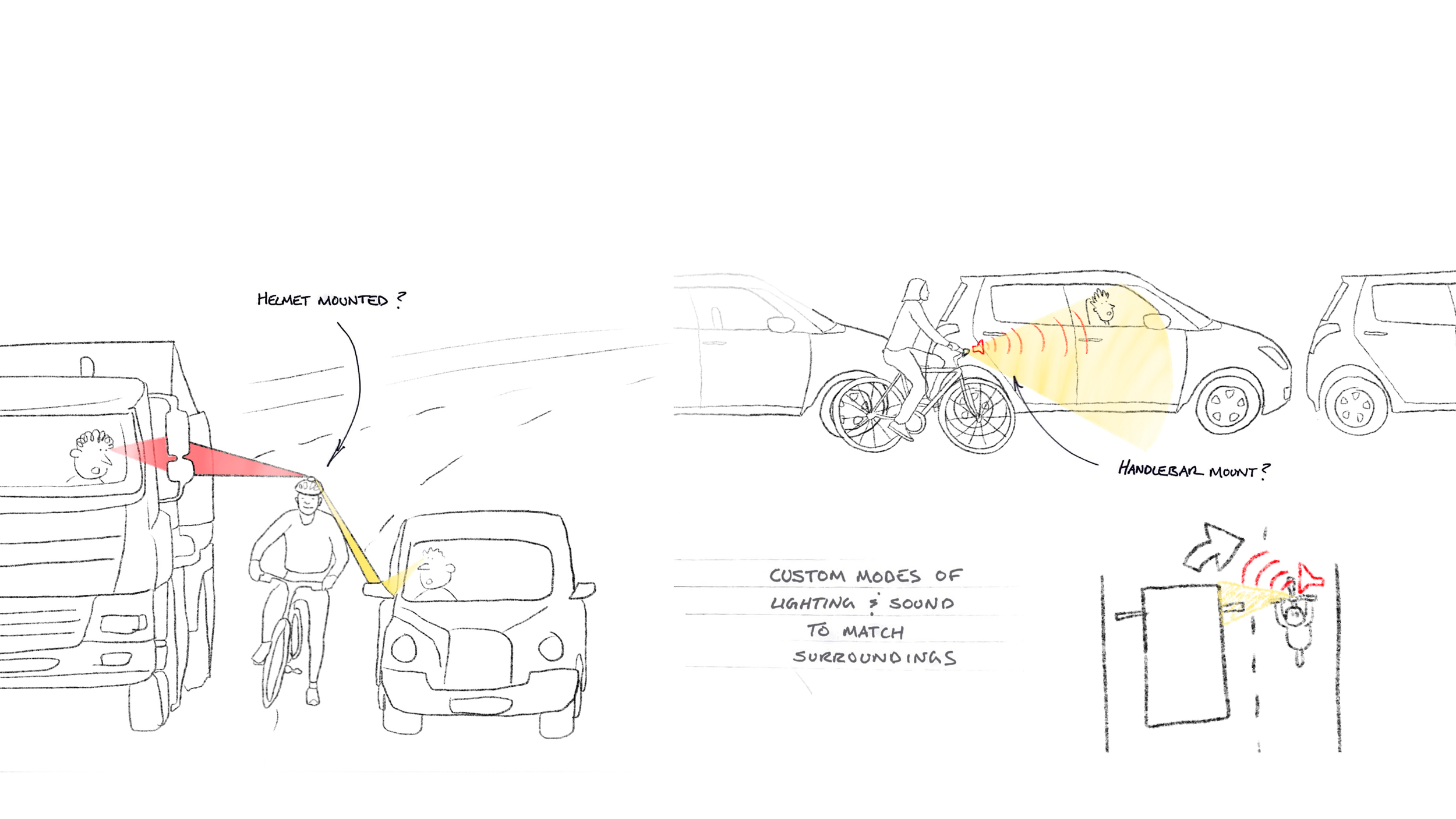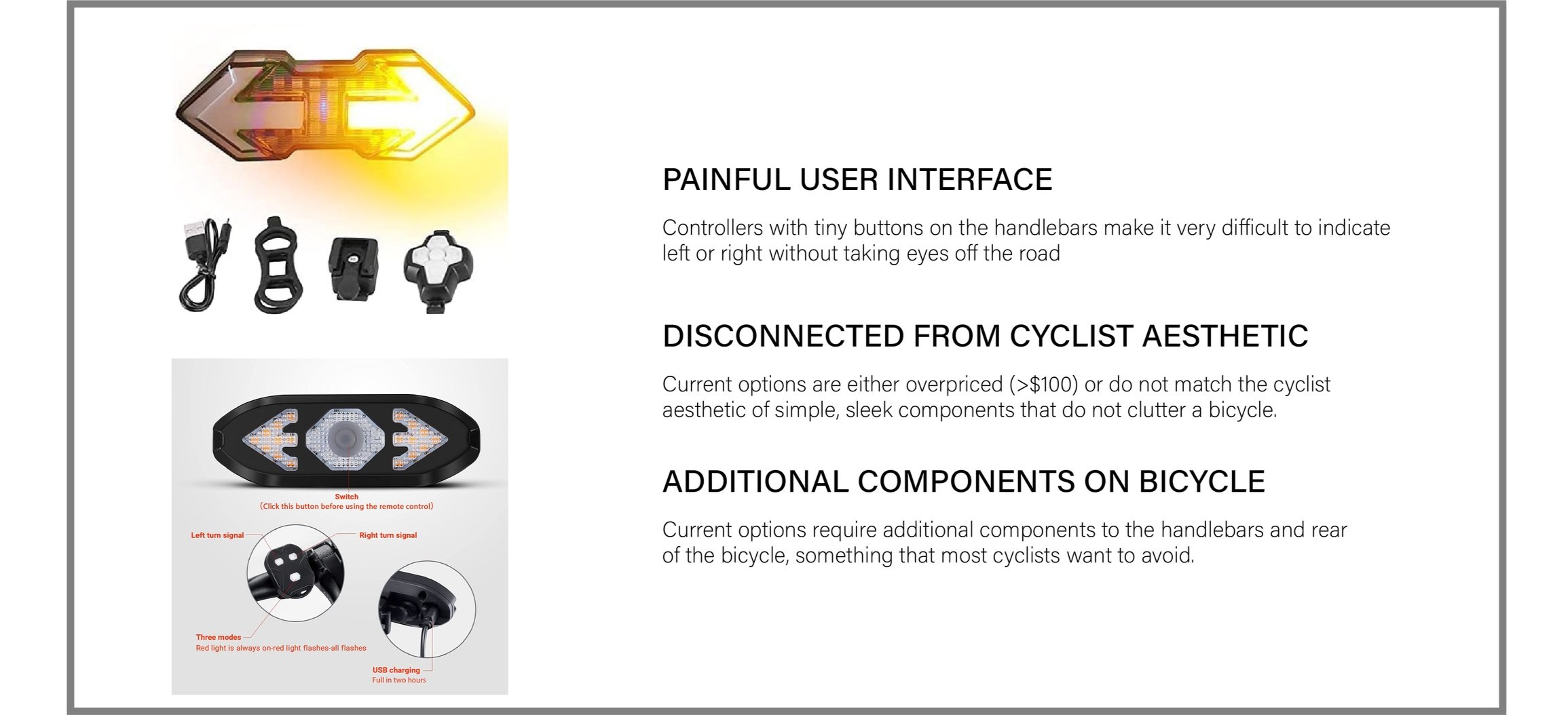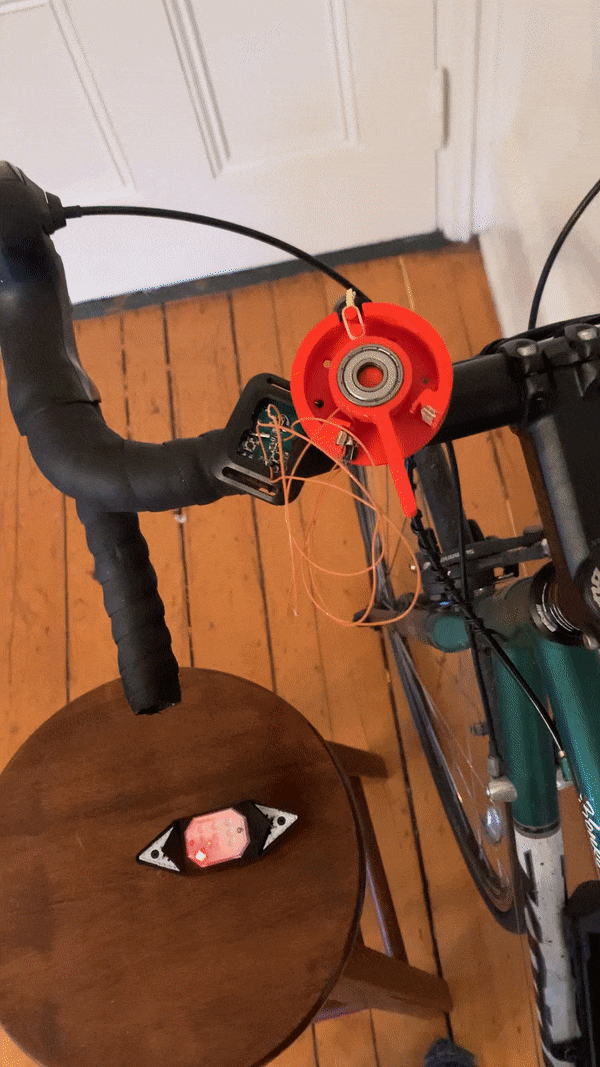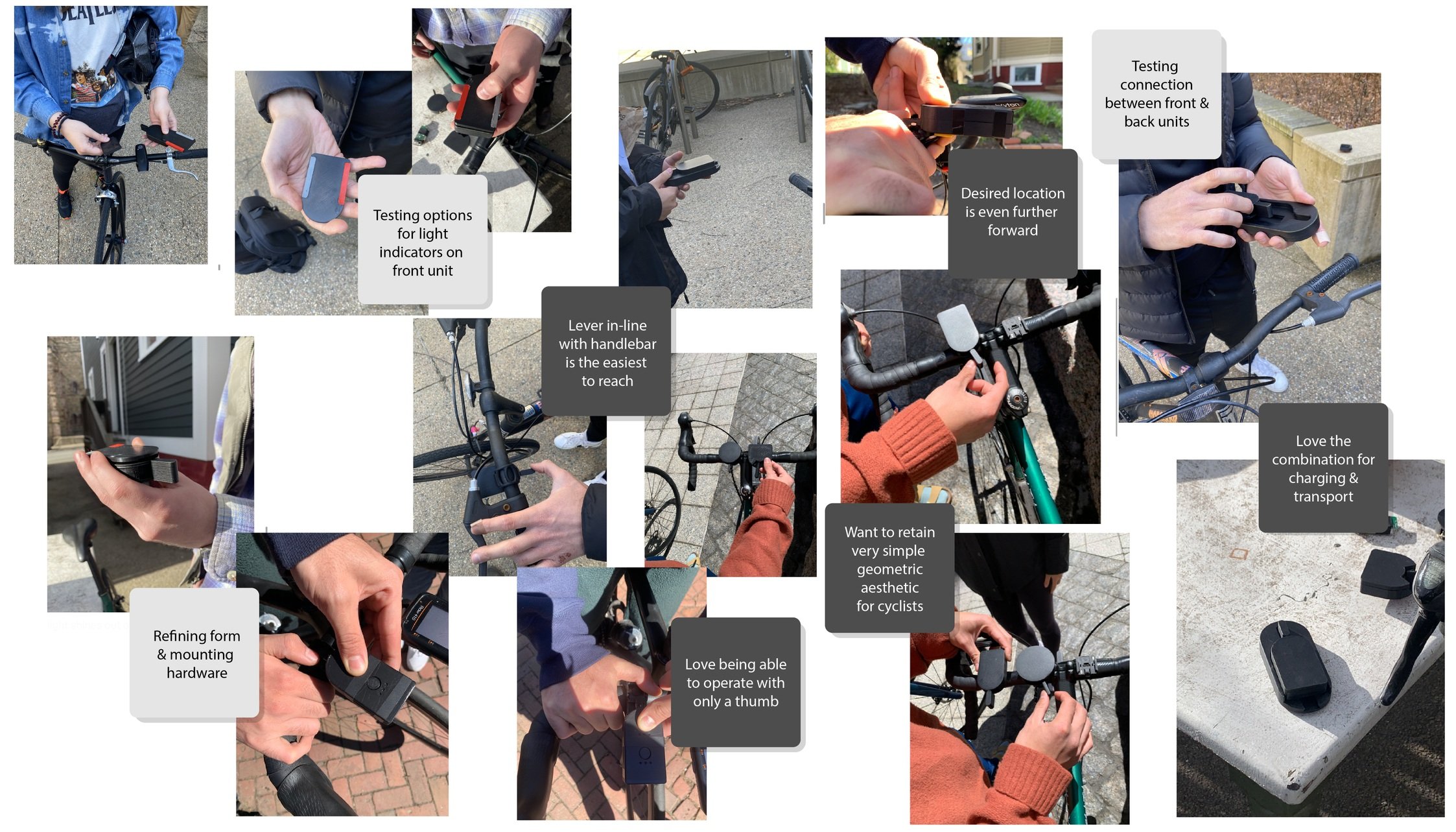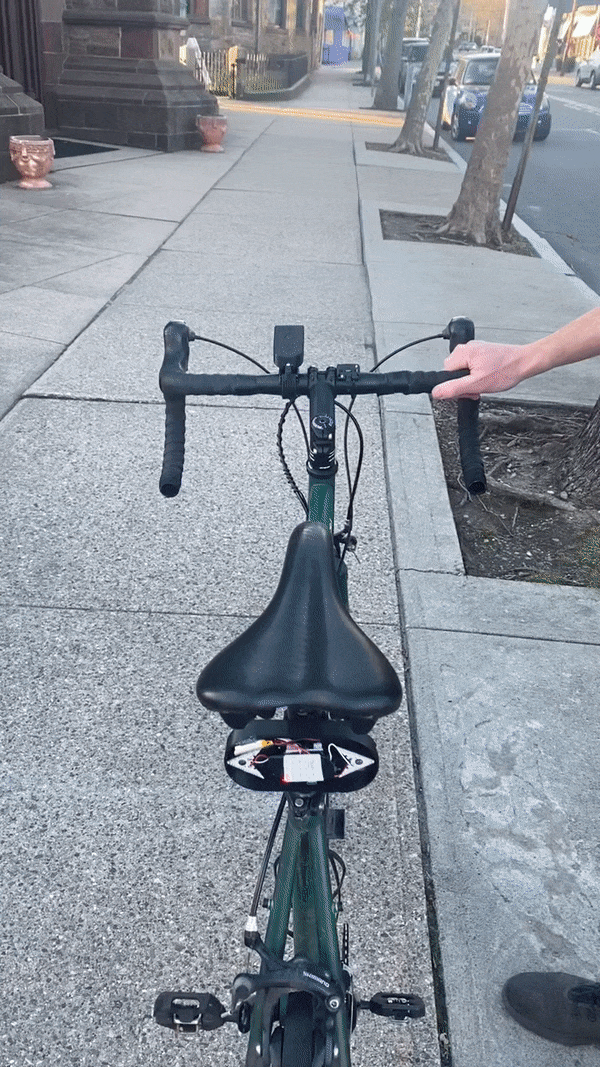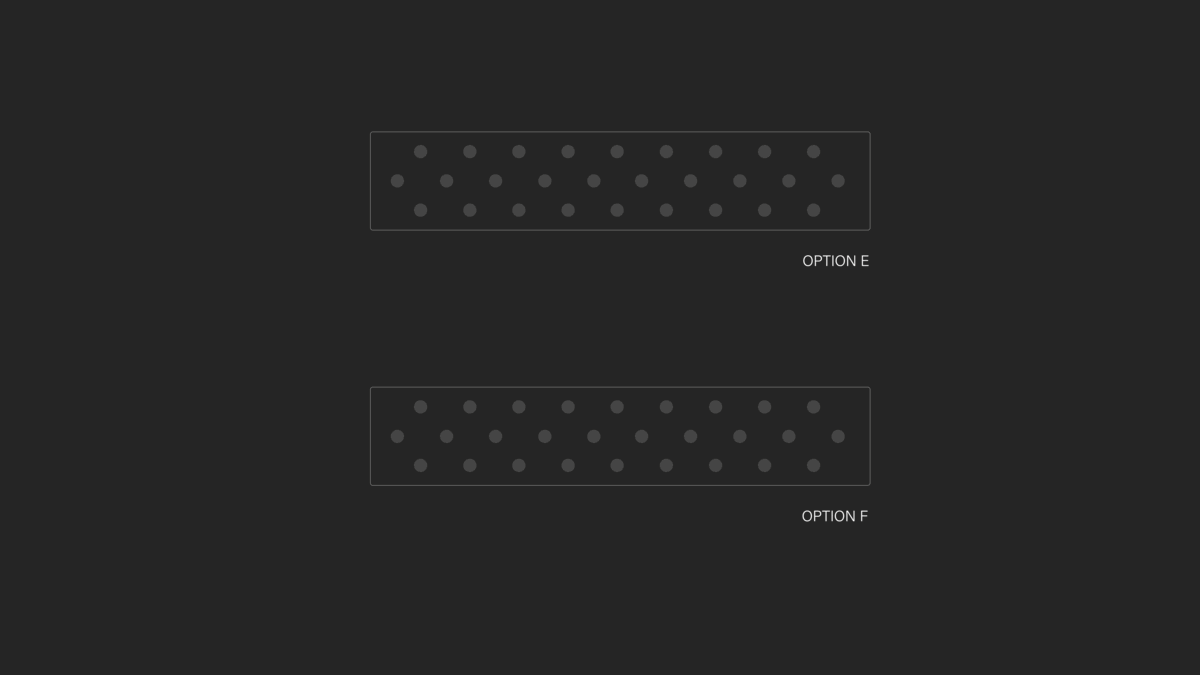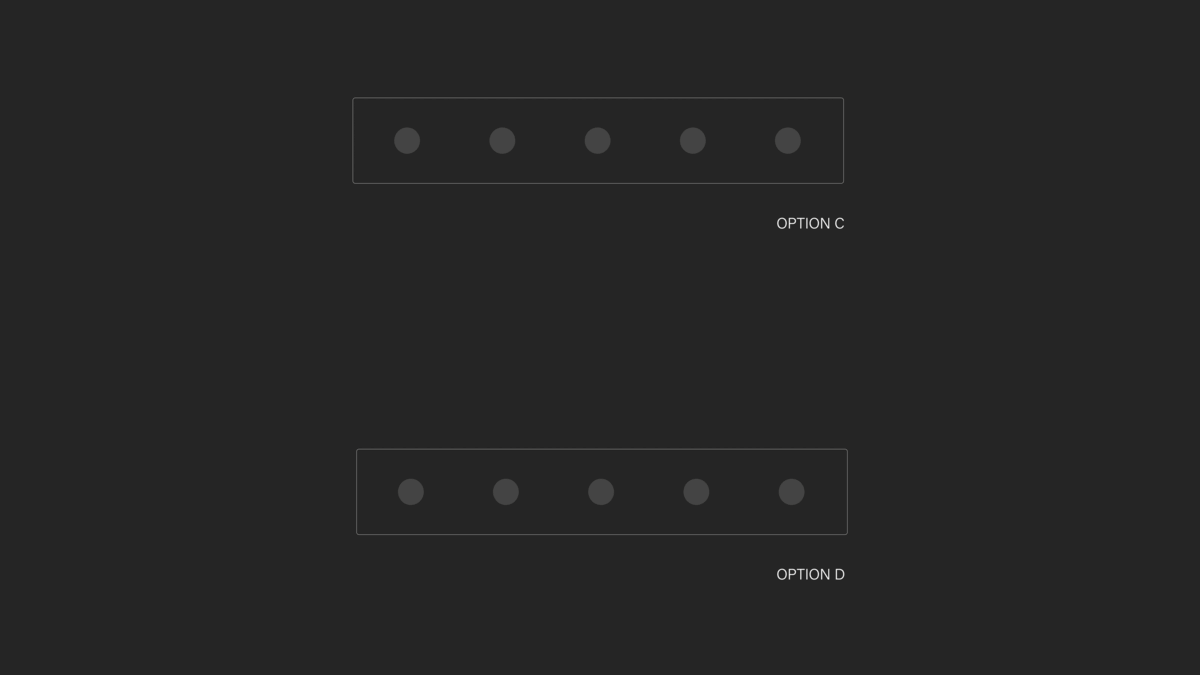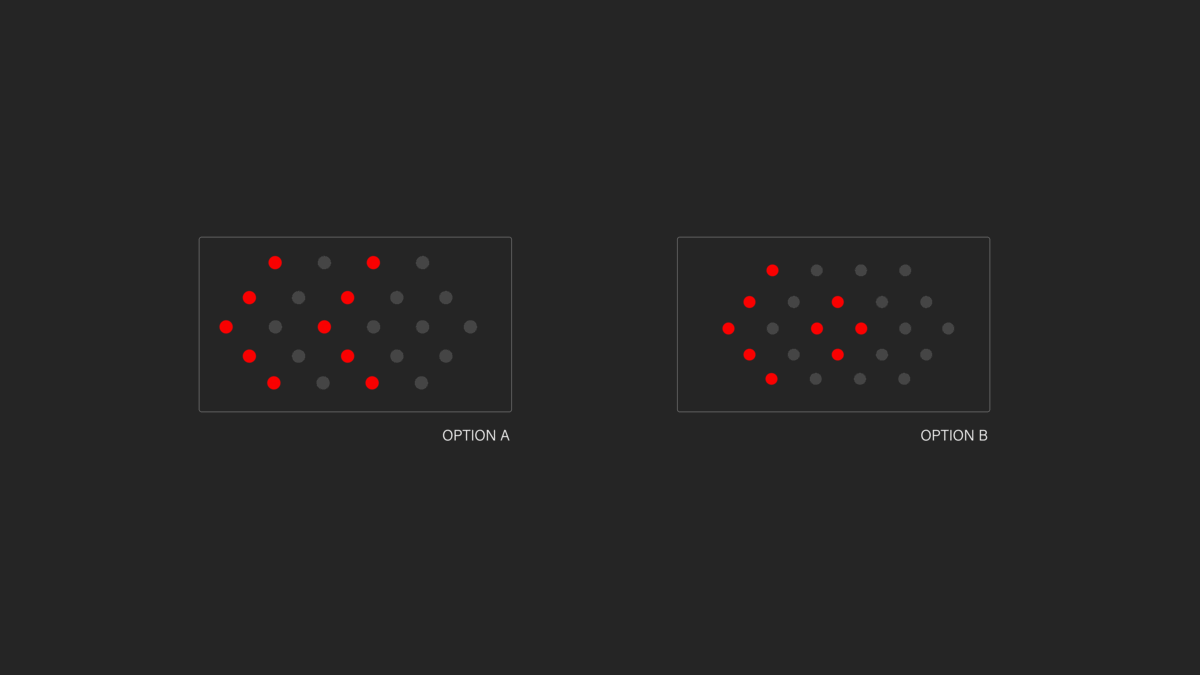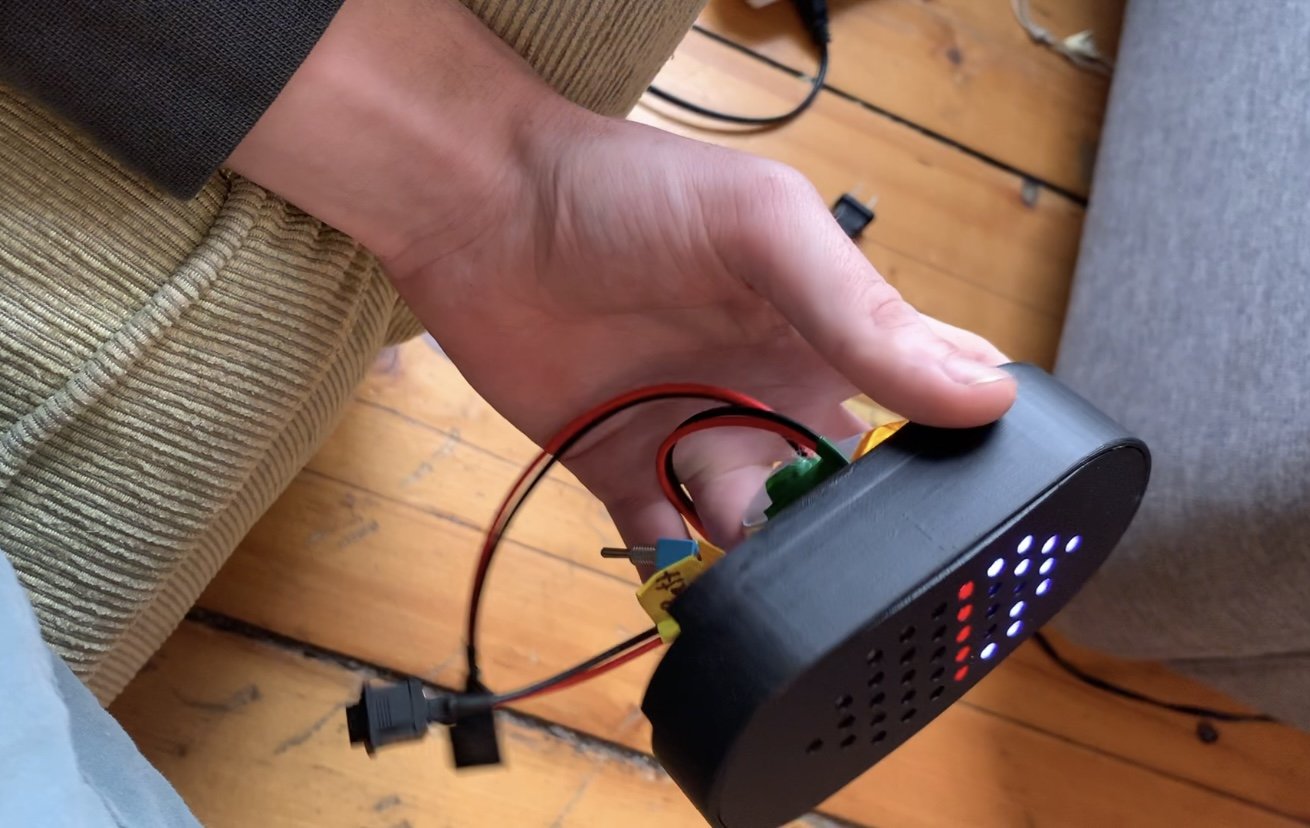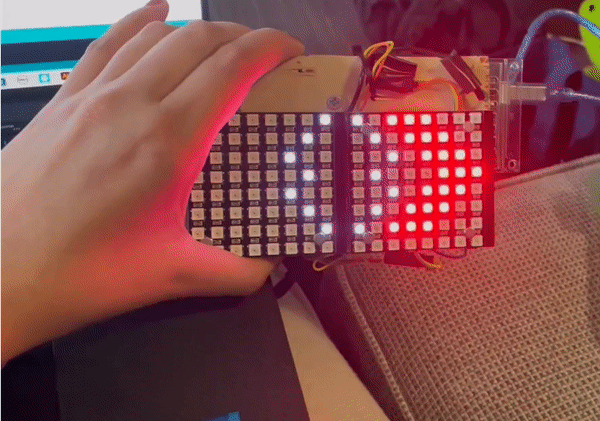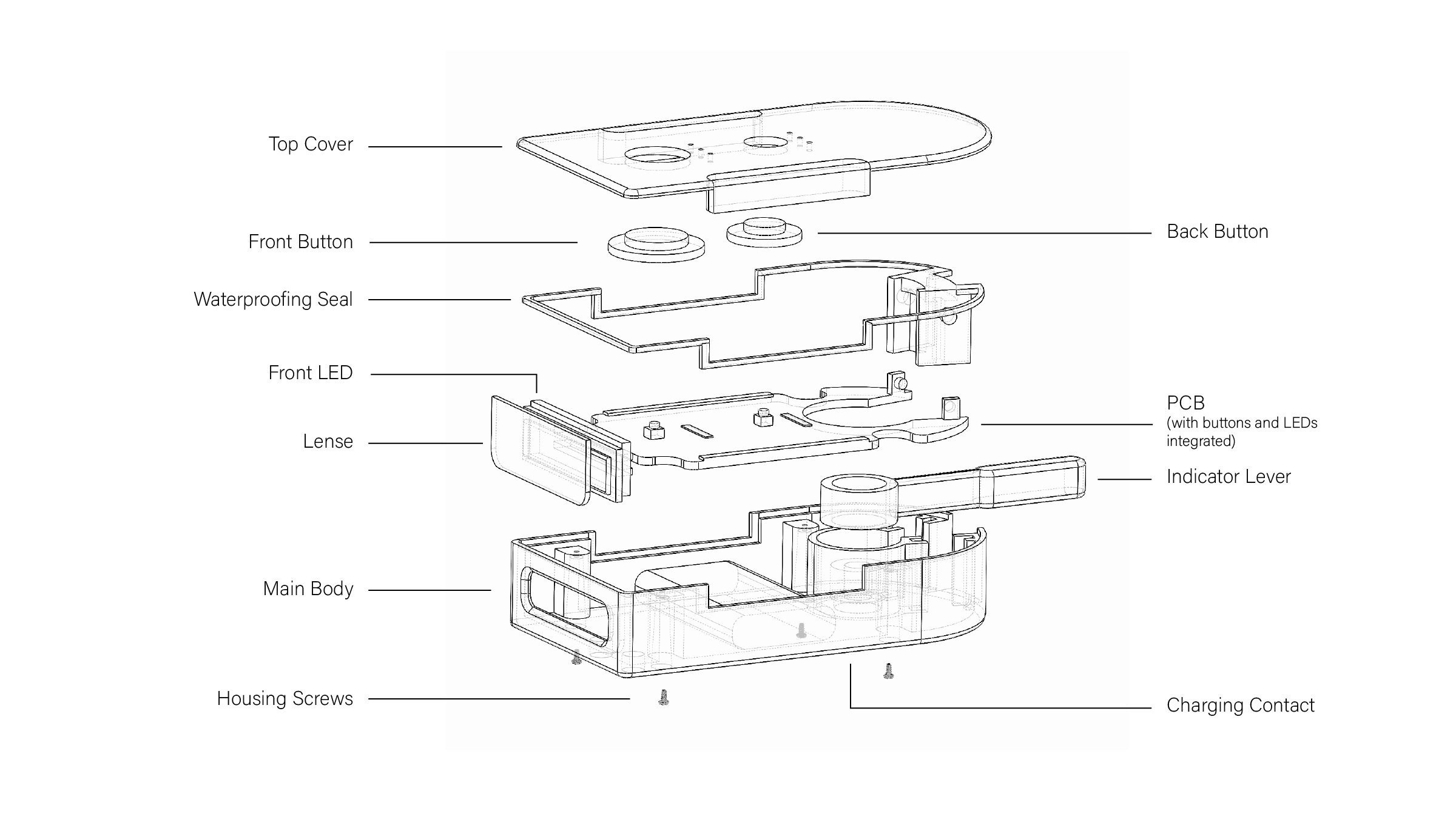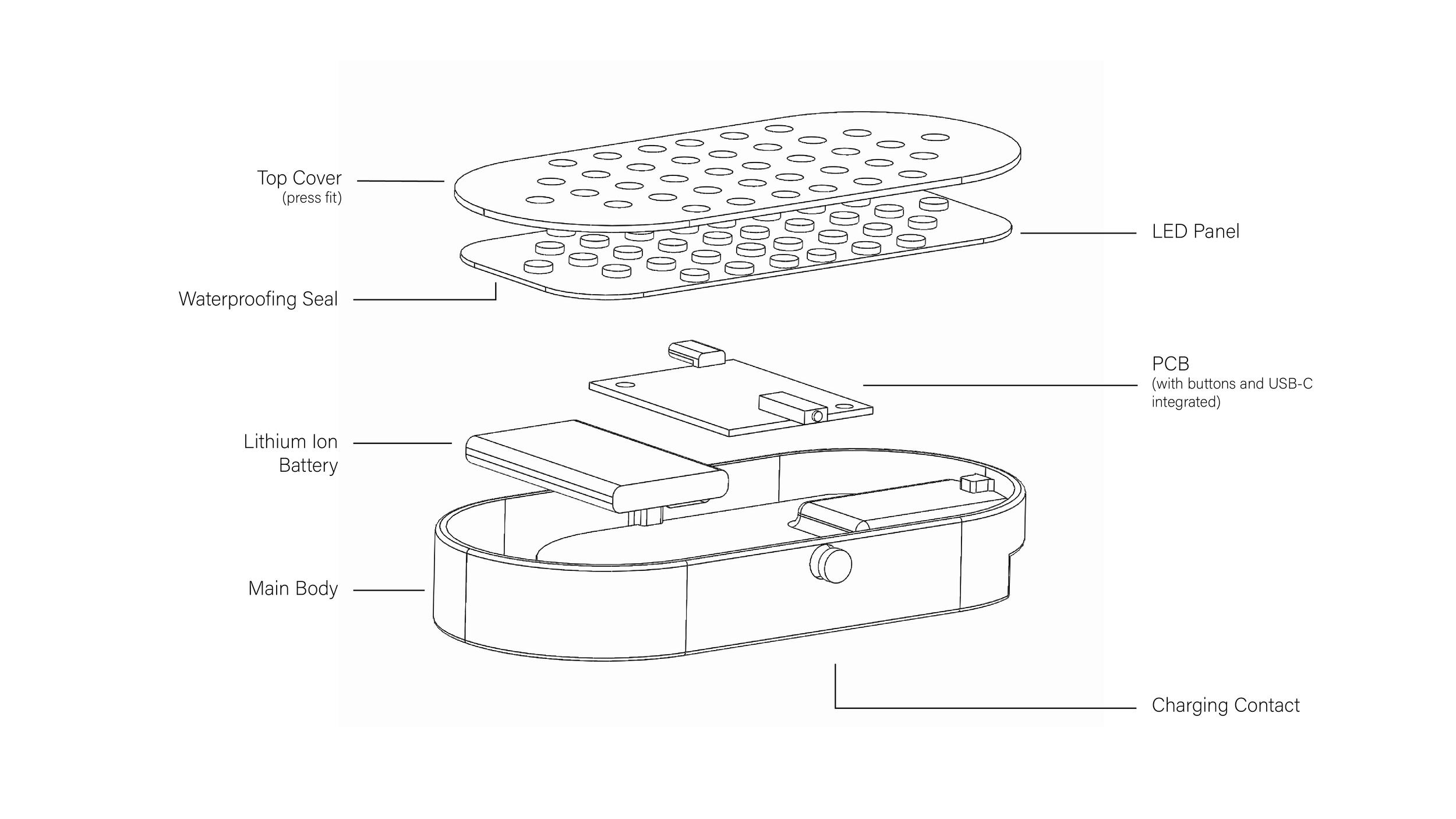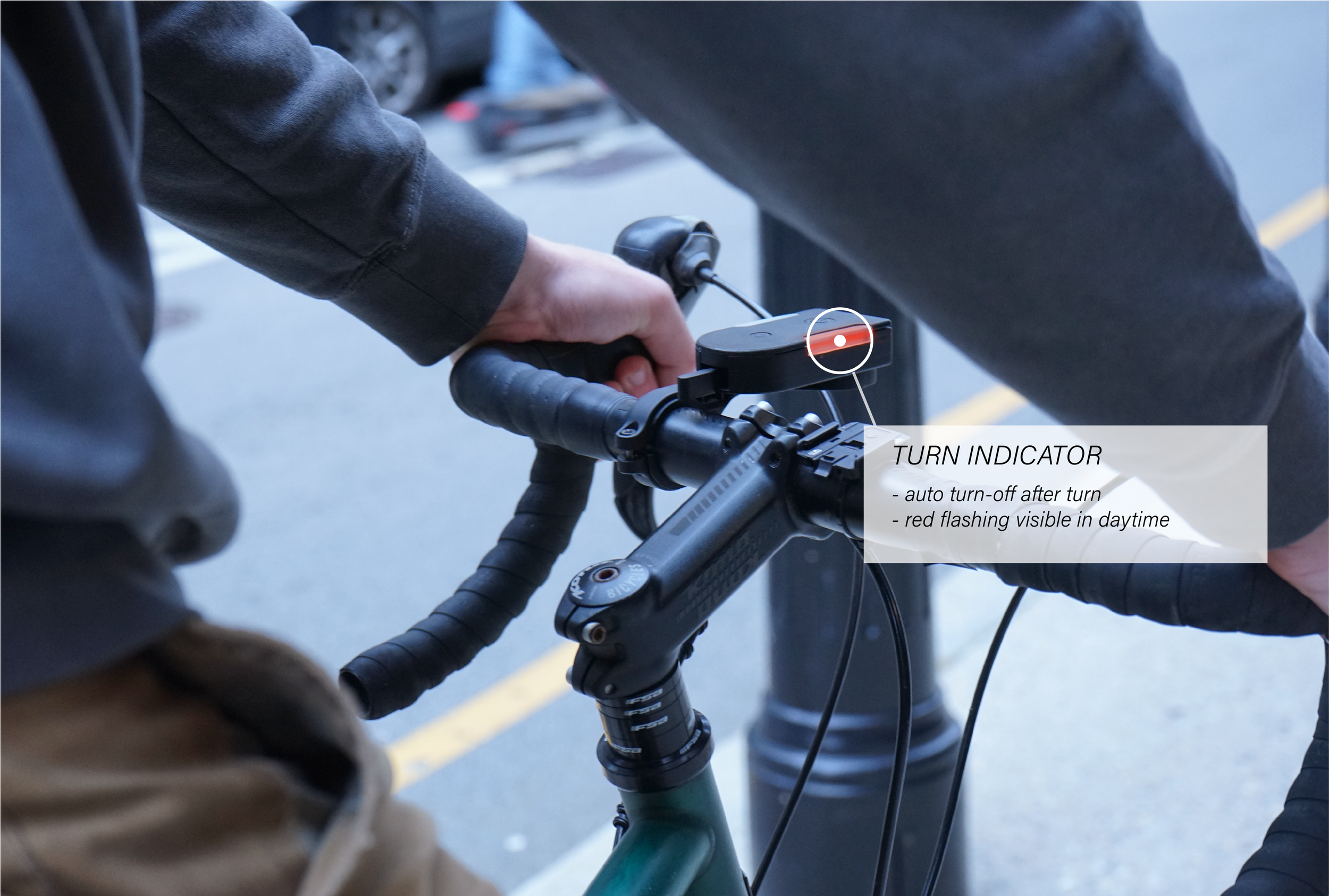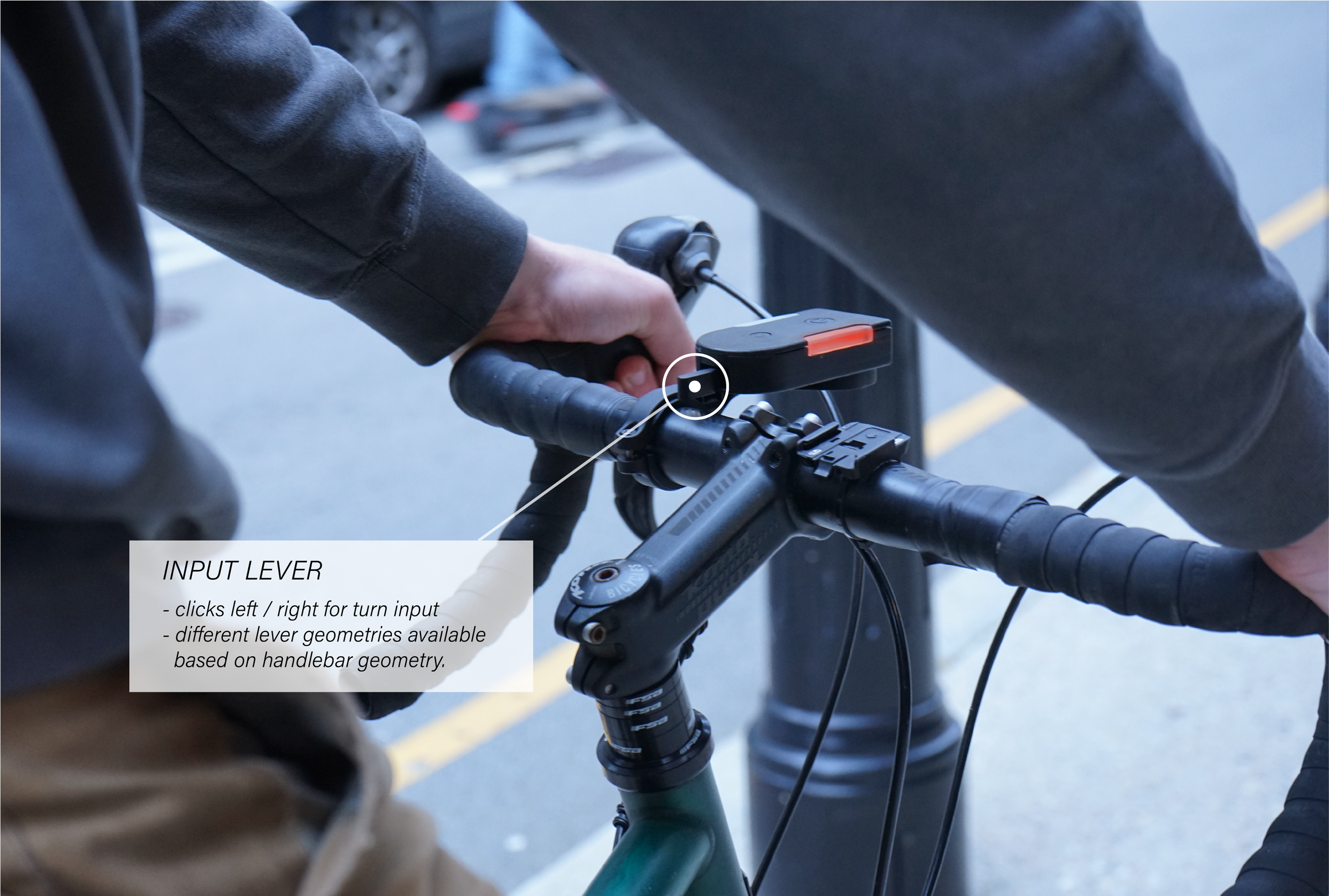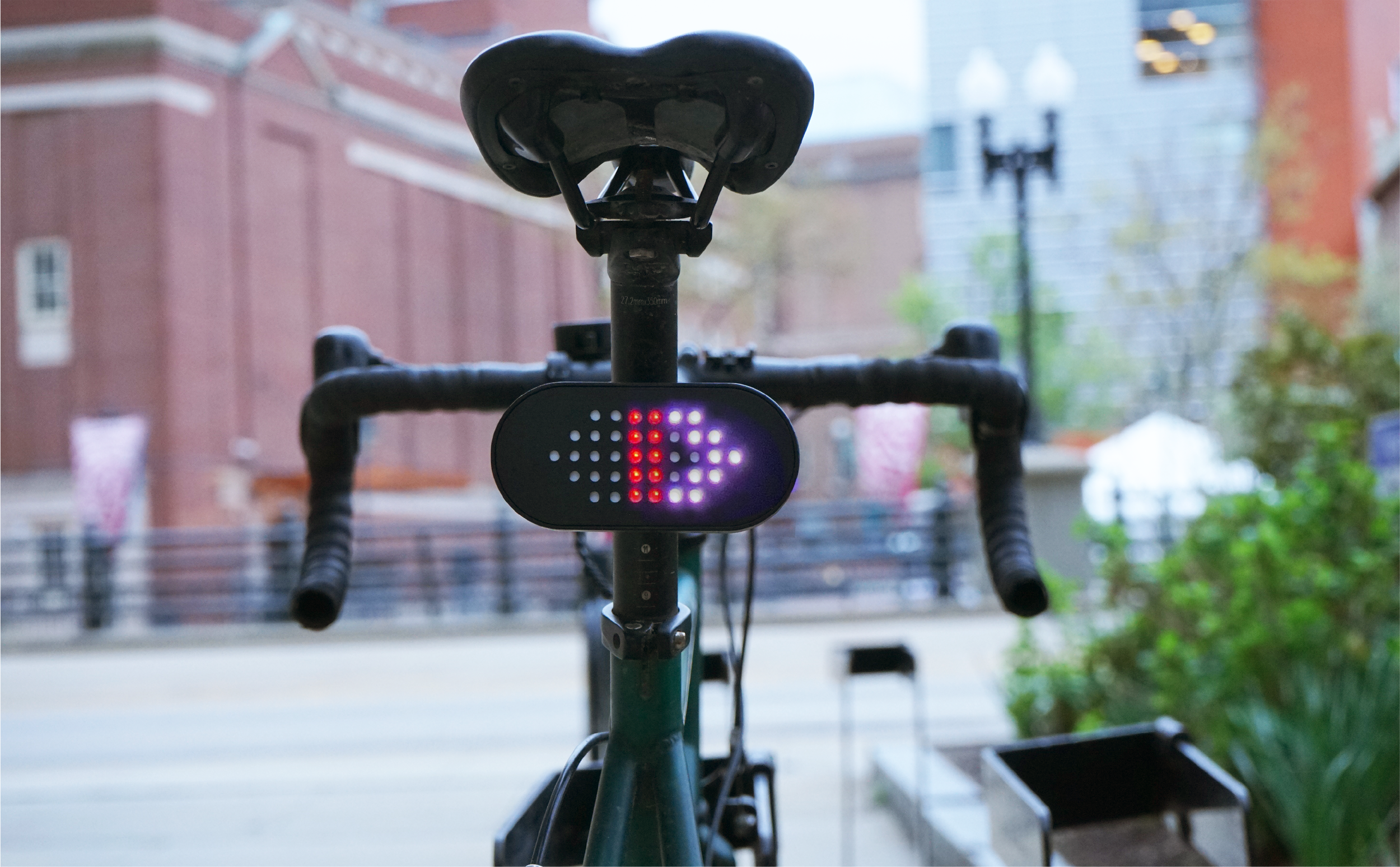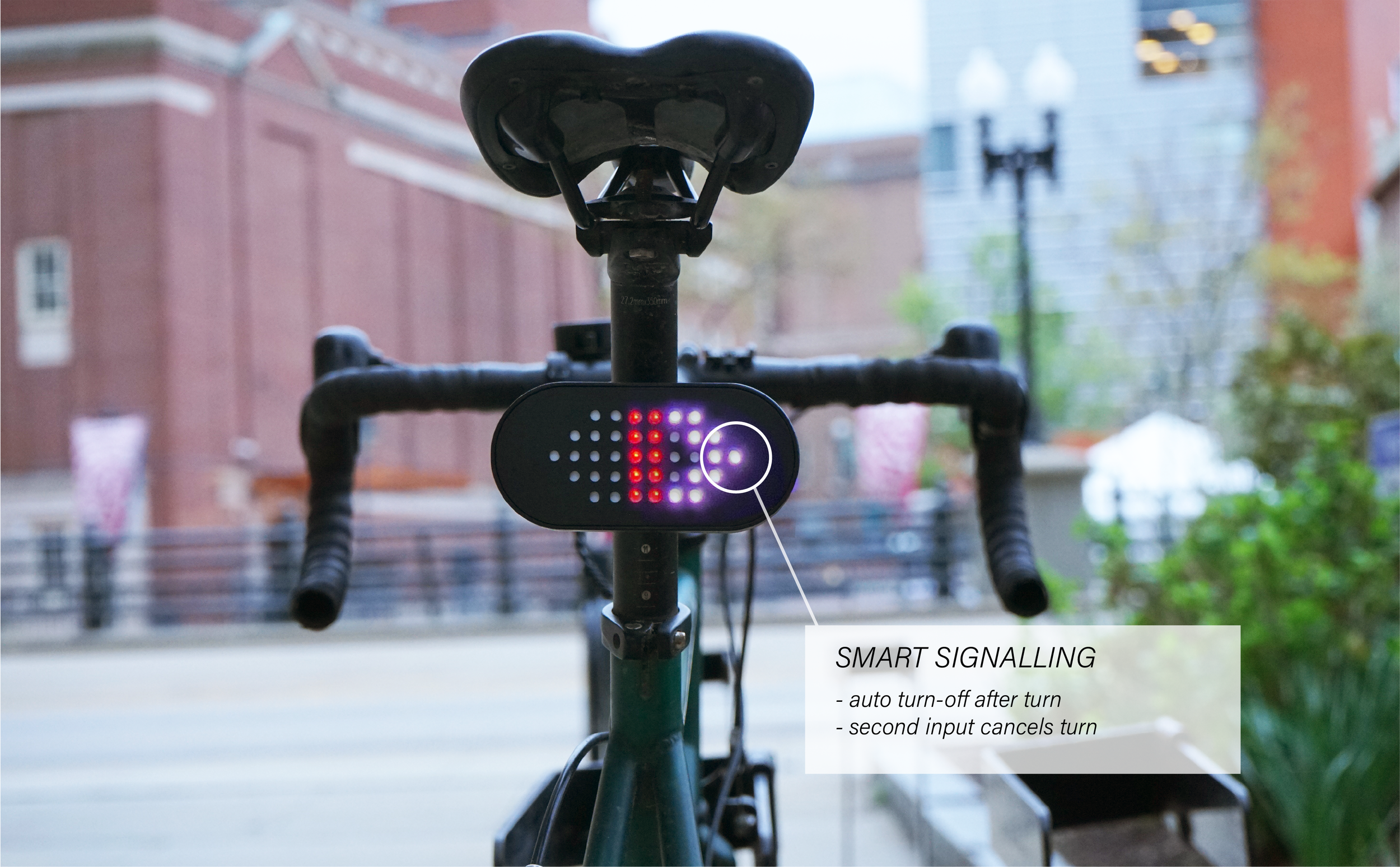SIGNAL - BICYCLE LIGHTING SYSTEM
Areas of Focus: Rapid Prototyping, Electronic Integration, User Testing, Product Design
Project Length: 3 months
Participants: Matthew Derry, Stephanie Park, Ed Becker, Allain Elkhoury, Robyn Richmond, Janice Moya
*All work shown was done by me unless clearly stated otherwise
Initial Ideation
** Sketches shown below done by Myself and Stephanie Park
Problem Area IDENTIFIED
Extensive user interviews, surveys, and field research helped to identify and clarify our key market opportunities,
CURRENT MARKET: BICYCLE LIGHTS (FRONT & REAR)
CURRENT MARKET: BICYCLE TURN SIGNALS
REFINED CONCEPT: INTEGRATED LIGHTING SYSTEM
We aimed to design a more cohesive and user-friendly lighting system focusing on the commuter market. Additionally, a rear indicator light would be added at the back for better turn visibility especially in low light scenarios.
FRONT UNIT:
Main Headlight
Turning Indication Input
Rear-light Control
System Battery Levels
BACK UNIT:
Rear Light
Turn Signal Arrows
COMBINED:
Front & Back Units Combine to Charge
USB-C / wireless
FRONT UNIT DESIGN & TESTING
** User testing, ideation, and initial prototyping done by myself and Stephanie Park
Continued iteration on the hardware design for the front and back units as well as the magnetic mounts to seat the components safely in place.
ELECTRONICS DESIGN FOR FRONT UNIT: Arduino Circuit Layout
FRONT UNIT ELECTRONIC INTEGRATION
Integration of electronics into form factor
Arduino Nano powers left - right signaling as well as the front headlight
Everything housed in final dimensional size. Battery shrunk to make room for Arduino board etc.
(front cover and buttons removed in picture)
BACK UNIT DESIGN & TESTING
*to add videos
ELECTRONIC DESIGN FOR BACK UNIT
** back unit electronics were built by Janice Moya and Robyn Richmond
BACK UNIT LOOKS-LIKE MODEL
The LED grid electronics and Arduino were not able to fit into the final housing for the back unit, thus we had a thicker unit used for light testing and a looks like unit for user interaction and feedback testing. A final integrated system would be able to easily fit within this form factor.
FRONT & BACK UNIT COMBINATION
Magnetic connection between the two units creates a satisfying snap together
Slotted magnetic connection is robust enough to carry the combined unit safely as one
Electrical contacts between the units allows combined charging
Magnetic connection used doubles up in bike mount connection for seamless use



